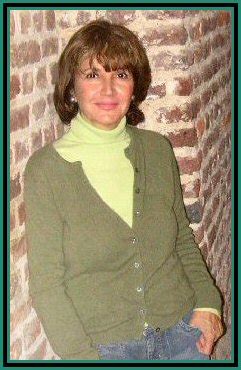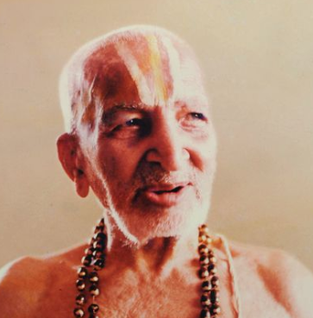A Quote by Eric Maisel
It is in an artist's real interest to congratulate herself more often: not out of narcissism, but in her role as her own dear friend and advocate.
Related Quotes
My mother didn't feel sorry for herself, she was left with no child support, no alimony at a very young age, with a child to raise, a high school education and she just figured it out. She didn't complain, she didn't rely upon government, she relied upon her own skill set, her own self confidence, her own drive in moxie and her own duty to me and her and she relied upon her family and her faith.
That girls should not marry for money we are all agreed. A lady who can sell herself for a title or an estate, for an income or aset of family diamonds, treats herself as a farmer treats his sheep and oxen--makes hardly more of herself, of her own inner self, in which are comprised a mind and soul, than the poor wretch of her own sex who earns her bread in the lowest state of degradation.
My mother has made choices in her life, as we all must, and she is at peace with them. I can see her peace. She did not cop out on herself. The benefits of her choices are massive-a long, stable marriage to a man she still calls her best friend; a family that has extended now into grandchildren who adore her; a certainty in her own strength. Maybe some things were sacrificed, and my dad made his sacrifices, too-but who amongst us lives without sacrifice?
Her thoughts ran away to her girlhood with its passionate longing for adventure and she remembered the arms of men that had held her when adventure was a possible thing for her. Particularly she remembered one who had for a time been her lover and who in the moment of his passion had cried out to her more than a hundred times, saying the same words madly over and over: "You dear! You dear! You lovely dear!" The words, she thought, expressed something she would have liked to have achieved in life.
Recollect that to a woman who gets her living by her pen, 'time is money,' as it is to an artist. Therefore, encroaching on her time is lessening her income. And yet how often is this done (either heedlessly or selfishly) by persons professing to be her friends, and who are habitually in the practice of interrupting her in her writing hours.
Outward objects cannot take hold of the soul, nor force their passage into her, nor set any of her wheels going. No, the impression comes from herself, and it is her own motions which affect her. As for the contingencies of fortune, they are either great or little, according to the opinion she has of her own strength.
I found her lying on her stomach, her hind legs stretched out straight, and her front feet folded back under her chest. She had laid her head on his grave. I saw the trail where she had dragged herself through the leaves. The way she lay there, I thought she was alive. I called her name. She made no movement. With the last ounce of strength in her body, she had dragged herself to the grave of Old Dan.
The universal nature has no external space; but the wondrous part of her art is that though she has circumscribed herself, everything which is within her which appears to decay and to grow old and to be useless she changes into herself, and again makes other new things from these very same, so that she requires neither substance from without nor wants a place into which she may cast that which decays. She is content then with her own space, and her own matter, and her own art.
The woman who needs to create works of art is born with a kind of psychic tension in her which drives her unmercifully to find a way to balance, to make herself whole. Every human being has this need: in the artist it is mandatory. Unable to fulfill it, he goes mad. But when the artist is a woman she fulfills it at the expense of herself as a woman.





































